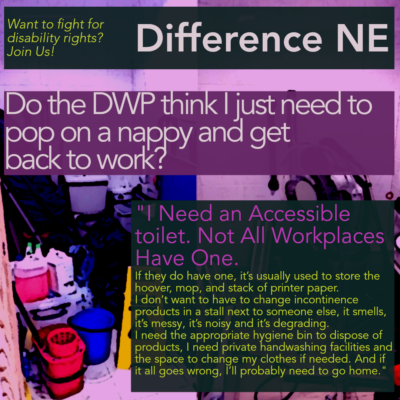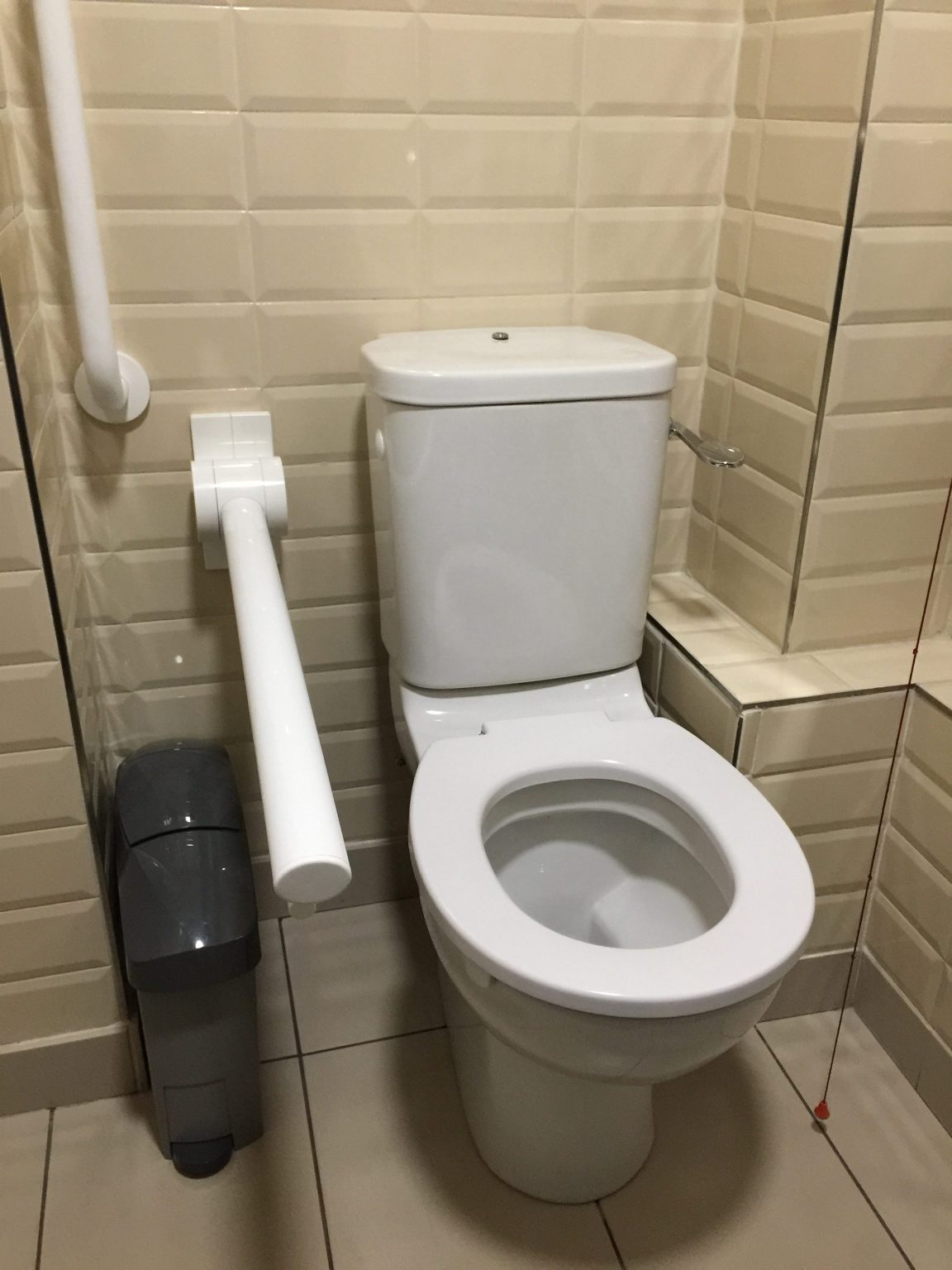I start off my ramblings by saying these are my experiences, they won’t represent everyone. I can’t and won’t speak for every person who has experienced issues similar to my own. Further, I write like I speak – with equal parts passion, sarcasm, anger, and confusion.
Attending the DWP consultation; well, that is a bit of a farce…
Recently I found out the DWP (department for work and pensions) were considering really big changes to the descriptors in the Limited Capability for work related activity (LCWCA).
You think this would have been big news? That the consultation would have been promoted widely to advocacy and disability support groups, and to all people who currently receive or are waiting to be assessed for this benefit? Nope, it was hidden away in the middle of a huge wordy online document, which you can see here. The full consultation closes on 30th October 2023. The only way you can contribute or give feedback is now online. So please do if you are able!
I was fortunate enough to see the link, so I went along to their online continence consultation event to give my opinion and feedback on their proposed changes. In total there were 10 attendees, seven DWP staff, two people who experience continence difficulties and one representative from a welfare advice service. That speaks volumes to me about how widely promoted this consultation was. There were only two people that attended who were affected by continence issues. Two.
My concern is that changes will move forward that affect thousands of people, without proper meaningful consultation. Continence is hard for people to talk about, it’s a taboo subject. People are embarrassed to talk about their bladder or bowel habits with their own doctors, never mind in a meeting with the DWP. Those in attendance were very much against the proposals brought forward, but we were only two voices, so I hope we were able to articulate the difficulties this condition brings.
The Reality of Incontinence and Employment
I have bowel incontinence, a parting gift from bowel surgery for my Crohn’s disease in 2022. I’ve been diagnosed with ME/CFS, another gift from years of immunosuppression and infection. Prior to this I was able to work in a “typical” job, I travelled to work, worked in an office and I did a lot of outreach in my local community. I took great joy in going to the local games area and support the kids to set up grassroots football. But incontinence changes all this. I can no longer travel with the freedom I used to, I can’t walk for long periods of time, I need a workplace with toilet facilities and that means I can no longer do outreach work. I also can’t do any type of office based lone working.
In 2022, I lost my job: dismissed due to illness. They told me they couldn’t see a way to make my employment work as I was the only employee on that particular project. How could I do community outreach? I couldn’t be a lone worker in the community venue, as I couldn’t lock the building every time I needed the toilet. And that’s the thing about incontinence – it doesn’t stick to break times. You can’t predict when you need to use the toilet. It could be 3 times a week, 3 times a day or 3 times an hour. Yet, the DWP propose that people must experience continence issues daily in order to qualify for LCWCA. My question to them was how exactly would you expect people to prove this?
How exactly would you expect people to prove this?
Do I need my GP to write them a letter? Do I have to pay for this, or will they? Doesn’t my GP have better things to do?
Do I need to visit a bowel specialist – because they have at least a 9-month waiting list?
Do I need to pour my heart out about my toilet habits to a complete stranger in a DWP assessment? ‘Sing for my supper’ cap in hand, so I can prove I’m eligible?

According to the DWP’s planned changes to continence – I just need to pop on a nappy and get back to work! Or that’s what it feels like. What the DWP don’t seem to recognise is how hard that will be. I’ll give a few examples:
The right loo!
I need an accessible toilet. Not all workplaces have one. If they do have one, it’s usually used to store the hoover, mop and stack of printer paper. I don’t want to have to change incontinence products in a stall next to someone else, it smells, it’s messy, it’s noisy and it’s degrading. I need the appropriate hygiene bin to dispose of products, these can usually only be found in accessible toilets (and even then in my experience these bins are only there 50% of the time). I need private handwashing facilities and the space to change my clothes if needed. And if it all goes wrong, I’ll probably need to go home.
The right job!
I have a lot of experience and skills to give to an employer. I miss working, and I would love to return to work. The DWP say that since the pandemic, more people can now work from home, meaning disabled people now have more opportunities to return to work.
A home working job in the North East? As I pointed out in the consultation, true home working jobs are few and far between…
I did a job search the morning of the consultation on the DWP site. There were 6188 ‘home working’ jobs available. Filtering by disability confident employer narrowed it down to 1531 jobs available. Filtering by North east, as a lot of those jobs are ‘hybrid home working’ took me to 78 jobs. I need part-time work, so I filter it again, and I’m left with 14 jobs available. I looked at all 14 jobs and not one of them was a home working job. Nine of them were personal assistant roles; working in someone’s home, which was why the system flagged it as ‘home working’. Another was a kitchen assistant in a care home.
What I realised was If the job has the words ‘home’ and ‘work’ in the job title or description, it’s highlighting it as a ‘work from home role’. I told this to the DWP, they said I could always come in to the jobcentre. But I can’t….as my local job centre doesn’t have an accessible toilet.
Welfare support is there for a reason.
I refuse to be vilified for accessing the welfare support I’m entitled to, it’s there for a reason. To protect all of us and be a safety net in times when we are unable to work. Will there be people who abuse it? Yes, but that will be a very small minority as opposed to the vast majority it helps. But according to the DWP, or the current government, it’s as if I’m somehow sat here on my [porcelain] throne surrounded by piles of money thinking up ways to defraud the Great British public! I’m just a ranty northerner who wants to work, but can’t because I have the unfortunate issue of crapping myself in public and falling over when I get too tired.
Incontinence, for me, is not a barrier to work? So what is?
Incontinence is just one of the effects of my condition, but if I’m brutally honest, it isn’t a barrier to me finding a job. The barrier is actually the lack of accessible transport options, the lack of accessible toilet facilities, the lack of accessible buildings, the lack of age appropriate incontinence products and the lack of meaningful workplace adjustments. These barriers are all fixable in some way or another, and that’s where our attention should be focused. Not on how broken the person is– but actually how broken the world is and how, in 2023, we should have more employment options for disabled people than just ‘working from home’.
But at least I still have my sarcasm and sparkling wit, so if anyone wants to offer me a job (must have accessible loo and flexible working policy) send me a message.
Claire is a Difference North East Member



